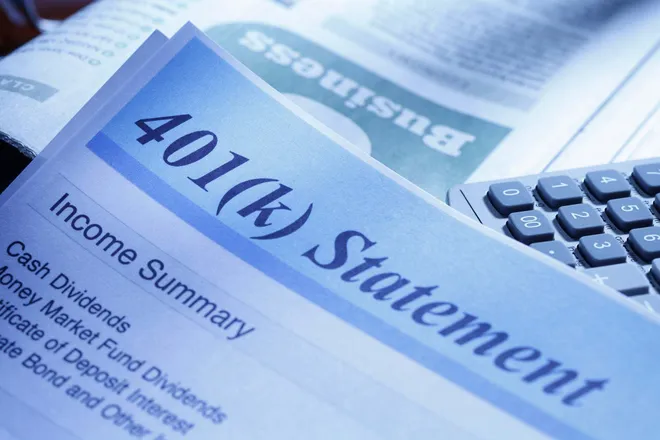Companies are responding to an aging workforce and scars from the past three years of elevated inflation by changing up options in their retirement plans, according to surveys by global asset manager MFS Investment Management.
Six of 10 retirement savers said they’re worried inflation could affect their savings, while 61% of the more than 4,000 plan participants MFS surveyed said they’ve become more conservative investors.
On the flipside, 45% of the 140 plan sponsors surveyed said they’ve either made or are considering changes to their fixed income offerings and 35% said they’ve made or may adjust their inflation-protected options.
“It is clear that workers’ anxieties about retirement have grown in the face of persistent inflation and economic concerns, and plan sponsors recognize this and are responding in real time,” said Jeri Savage, MFS lead retirement strategist.
By offering more of these options, employers also hope to convince workers to stay in the plan even after they’ve retired, she said.
Why do employers want retirees to stay in their retirement plans?
With size comes purchasing power.
“As you age, you have a larger balance and that’s helping to create some scale of that plan,” Savage said. Companies can “negotiate better fees and everything, including better (investing) options and services” that benefit retirees and current employees.
“It’s also paternalistic,” she said. “It helps participants. They’re better off than if they do it on their own.”
In 2018, market researcher Cerulli Associates asked workers what they planned to do with the money they so diligently saved in 401(k) plans and found at least half were “generally clueless” as to how to proceed.
Do employees usually stay in their company retirement plans?
Typically, no.
Within five years of leaving a company, 52% of workers had rolled their retirement savings into an individual retirement account (IRA), and 31% had cashed out, leaving only 17% who stayed, according to a Vanguard study.
“However, when plans permit flexible distributions, retirement-age participants, and their assets, are more likely to remain in the employer’s plan,” Vanguard’s report said. “The percentage of plans that offer this feature has nearly doubled in the past five years, along with an increasing demand for retiree-friendly plan designs, in-plan advice, and retirement income solutions.”
Is it better to leave money in a 401(k) after retirement?
It depends, experts say.
Some things to consider when deciding, experts say, include:
◾ Fees. While you’re working, the company will pay some of the fees but when you retire, they often fall to you. If your plan’s assets are large, the fees can be lower than an IRA, Savage said.
◾ Investment options. As plan sponsors realize now, according to MFS, investments like short-term bonds, Treasury Inflation-Protected Securities, and cash-like investments such as stable-value funds are apt to play a bigger role in your in-retirement portfolio than when you were younger and growing your nest egg. Generally, company plans have lagged in those investment options compared with an IRA but more may be catching up.

